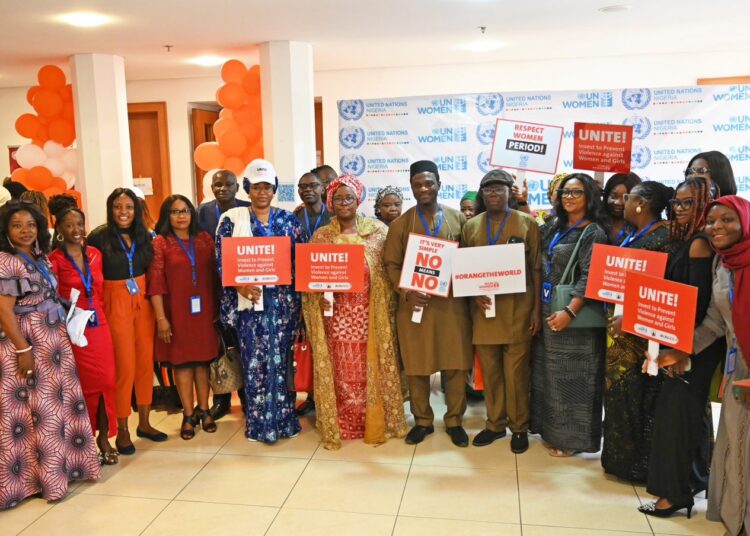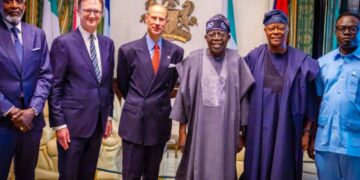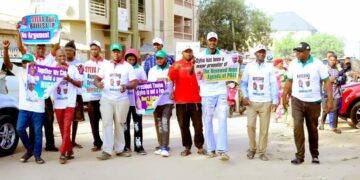United Nations (UN) Women in Nigeria has appealed to the media for a strong partnership to scale up its activities in the country, especially the fight against gender-based violence and inequality.
The international organisation also appealed to journalists to help amplify the voices of women on national issues and development.
The appeal came on Monday at the maiden edition of the UN Women Media Partnership Conference in Abuja.
In her opening address, the UN Women representative to Nigeria and the Economic Community of West African States (ECOWAS), Beatrice Eyong, pleaded with the media to place issues affecting women, especially gender imbalance, exploitation and violence against them and girls on the front burner.
Eyong, who also represented the resident coordinator of the UN in Nigeria, said until gender issues are well addressed, “we will never have equality and development because gender imbalance retards development in Africa.”
She recalled among others that the UN Women was founded to ensure the “elimination of discrimination against women and girls; empowerment of women and achievement of equality between women and men as partners and beneficiaries of development, human rights, humanitarian action and peace and security.”
The UN Women official asked the media to help correct the misconception in Nigeria and other African countries that gender equality is alien to the continent and an abstract struggle.
In her clarification, Eyong said, “Gender equality is not about making women equal to men or making men equal to women. It is the equality of gender where the obstacles that hinder people from making progress are removed. It is providing equal access to the things that make life meaningful for all.”
She declared that gender-based violence and inequality entrench poverty in Nigeria, stressing that even though women manage the country’s huge resources, they do not benefit up to 10 percent of public and private sectors’ contracts in the country.
Eyong attributed most of the crises in Nigeria to exclusion from her resources and development, adding that those excluded “will come for their share.”
She said that 40 million people suffer gender inequality in Nigeria as they are denied access to her resources, which Eyong described as a “time-bomb because one day, they will come for their share.”





